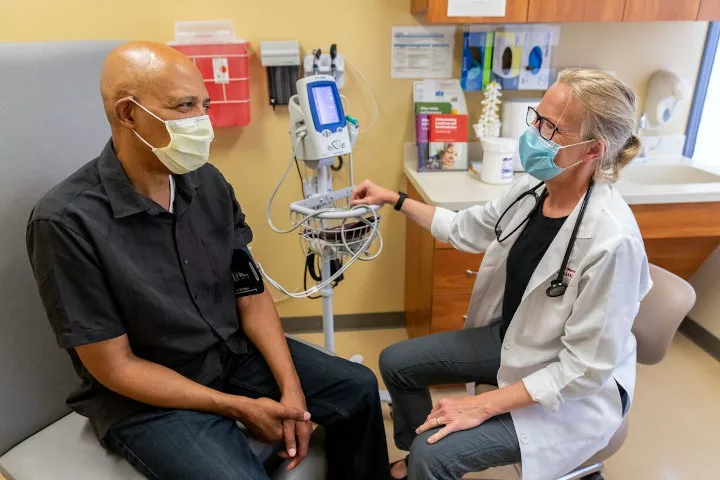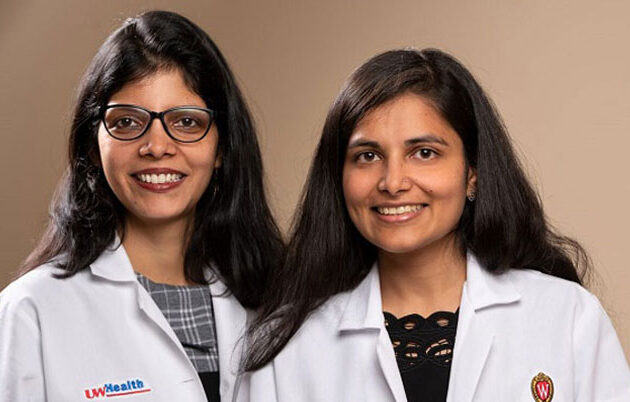The biggest credit for the enrollment numbers goes to AA-FAiM outreach workers in Madison and Milwaukee, who recruit families for the study, Gleason said.
Fabu Carter, outreach program manager for the school, who holds a doctorate in African women’s studies, prioritized learning what people would like to get out of an Alzheimer’s research program. Thanks to community input, AA-FAiM prevention programs include “Get Movin” exercise groups, a group line-dancing class, computer skills classes, a men’s support group, respectful transportation options and connections to social work resources, Carter said.
“We consider the community to be equal partners, so if the community has specific requests and needs – like a year-round exercise program – you make it happen,’’ Carter said. “You’re not just taking from the community without giving anything back.”
People also want to be informed about the results of their scans, spinal fluid tests, cognitive exams and other tests, Carter said
“It’s like a physical for the brain, and we talk to people about the results and give them options to improve their wellness,’’ she said. “People leave feeling like they’re cared for, that they’re in a relationship that doesn’t just take.”
The study also connects caregivers and people with memory loss to The Amazing Grace Chorus® and Precious Memories Choir, which provide social engagement and access to community services.
A grant from the National Institutes of Aging is funding the second five years of the AA-FAiM study. The team is also working on a similar project with Indigenous people in partnership with the Oneida Nation.
Gleason said she’s learned from the community that emotional intelligence is vital to attracting and retaining research participants.
“If we as researchers want to make a real difference and make real progress,’’ Gleason said. “It comes down to treating participants like people and partners.”


